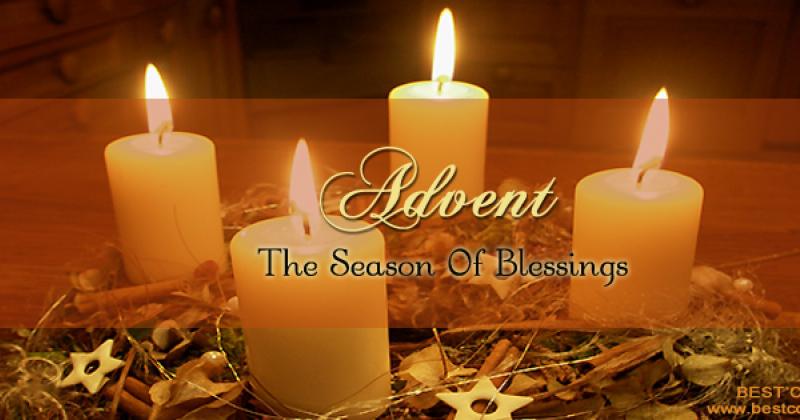Each Advent for the past eight years, I have had the privilege of giving a sermon at the Episcopal church that I attend (this year I am up on Advent 4). Last year I gave this sermon on the First Sunday of Advent.
In Philosophical Fragments, Danish philosopher Søren Kierkegaard tells a lovely story about a powerful king who falls in love with a lowly maiden. The maiden is unaware of the king’s love, and the king is worried. Knowing that love is built on equality, how is the gap between his royal greatness and her humble maidenhood to be crossed? He does not want to coerce her into loving him by revealing his love in all of its splendor, nor would elevating her to royal status work, since then she would simply be the same lowly maiden with a better wardrobe and job description.
The only possible solution to the king’s problem is remarkably simple. “Since union could not be brought about by an elevation it must be attempted by a descent.” The king must step down from his royal throne and enter the maiden’s hut as an equal. Not as a king in a peasant’s costume, but as a peasant. Only then can he be sure that she might return his love because of the person he is rather than because of the role he inhabits. The king’s advisors and courtiers are astounded—how to explain the choice to leave royalty behind for a simple girl, especially since she is unaware of the king’s love? And this, Kierkegaard reminds us, is precisely the mystery and madness of love, not only of the king for the maiden, but also of God for human beings. “This is the unfathomable nature of love, that it desires equality with the beloved, not in jest merely, but in earnest and truth.”
The dynamic of Advent and the Incarnation is often—usually—described in terms of God’s choice to reduce, to diminish, to descend to the level of humanity for mysterious reasons that lie at the heart of our faith. As Paul writes in his letter to the Philippians, in a passage that many New Testament scholars believe to be the text of an ancient hymn sung in early Christian worship,
Who, being in the form of God, thought it not robbery to be equal with God: But made himself of no reputation, and took upon him the form of a servant, and was made in the likeness of men. And being found in fashion as a man, he humbled himself, and became obedient unto death, even the death of the cross.
But in preparation for a new course I’ll be teaching next semester, I’ve been reviewing essays by Marilynne Robinson, winner of the Pulitzer Prize a number of years ago for her novel Gilead. These essays have caused me to wonder whether there might be an entirely different way in which we might prepare throughout Advent for the Incarnation.
When we try to “make sense” of the Incarnation, to shape the heart of the Christian faith into doctrine, we would do well to remember that the energizing reason for the Incarnation is love—and love is notoriously untheorizable. We know this from human love; to the extent that one tries to explain why one loves another, the love is reduced to something unrecognizable. There is no reason to think that love between God and us will be any easier to get a handle on. But Marilynne Robinson suggests that we might start by considering a possibility that we very seldom, if ever, hear about in church. What if we accept God’s love for humanity, a love so great that it causes God to become human, as a sign that we are worth it? As Robinson writes,
To properly value this pledge of fervent love, the Incarnation, we must try to see the world as deserving of it... What would tip the balance toward accepting the truth of the Gospel? What would make the Incarnation with all it implies credible, even necessary? Reverence toward humankind. The hardest question Jesus puts to us is really whether we believe in ourselves.
